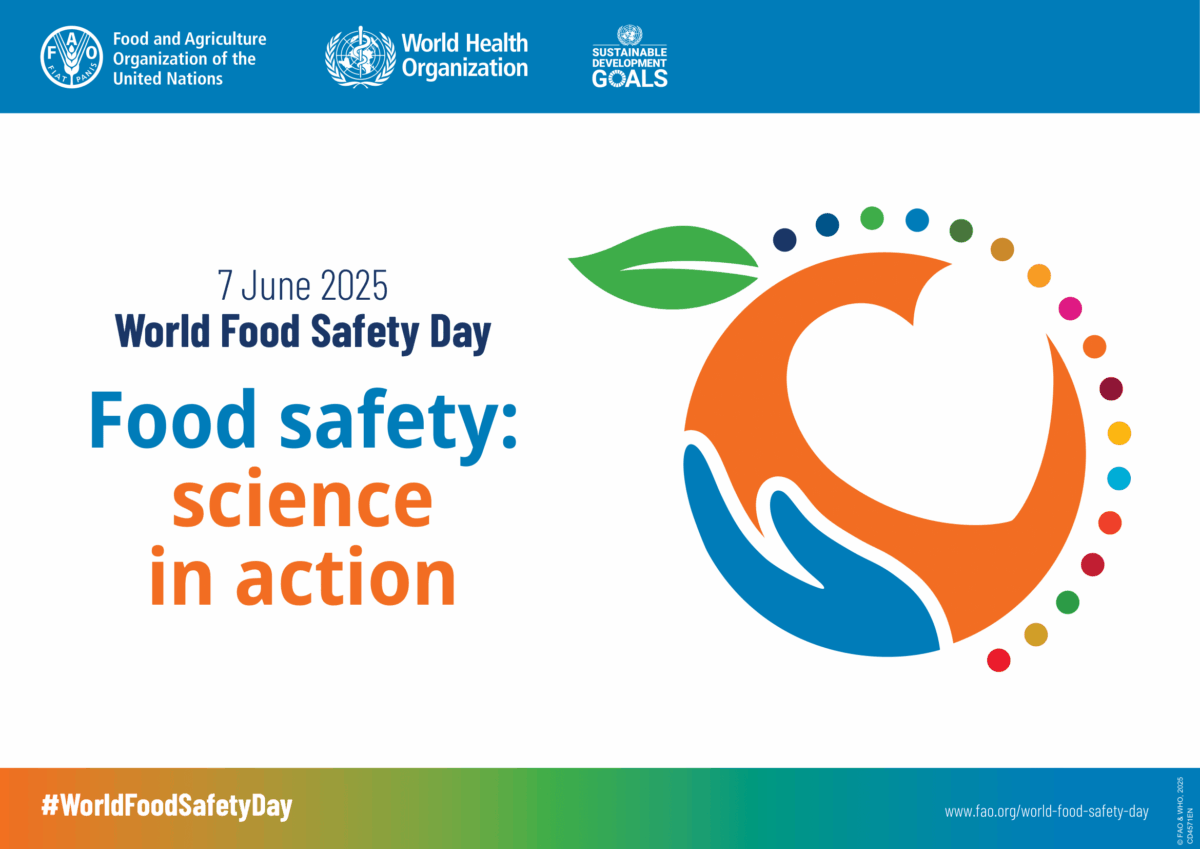The food industry is poised for significant changes in 2024 thanks to the US Food and Drug Administration (FDA), legislative turbulence and the active role of government agencies and advocacy groups. Key developments in food regulations in 2024 are expected, focusing on safety, transparency and public health.
For stakeholders in the food industry, understanding and adapting to these regulations is not just a matter of compliance but a strategic imperative for business success. Read on to learn about upcoming food regulations in 2024, offering insights into how these changes are reshaping the industry.
The FDA and State Legislatures
The FDA, under increasing scrutiny and pressure to modernize, is at the forefront of these changes. Its actions are likely to impact food production, labeling and marketing. States like California are also playing a crucial role, particularly in food safety and public health. These changes at both federal and state levels are setting new standards for the industry.
Bans and Labeling Innovations
One of the most notable developments in recent times has been California’s ban on certain food additives. Among them are ingredients like potassium bromate, propylparaben, Red No. 3 and brominated vegetable oil. This decisive action, which came into effect following a swift legislative process, signals a broader trend towards stringent control over food ingredients deemed harmful.
Truth in Labeling Act
The proposed Truth in Labeling Act is another crucial piece of legislation that deserves attention. Aimed at enhancing transparency and promoting healthier diets, this act could revolutionize food labeling. It reflects a growing legislative focus on combating public health issues such as obesity and diabetes through informed consumer choices. With prominent figures like Senator Richard Blumenthal and Representative Janice Schakowsky championing this cause, the act is expected to garner substantial attention and debate.
The Role of Advocacy Groups
Amidst these legislative developments, the role of advocacy groups such as the Environmental Working Group (EWG) has been pivotal. These organizations have been instrumental in pushing for more stringent regulations, particularly concerning food additives. Their ongoing efforts, including petitions to the FDA for banning or reassessing certain substances, highlight the increasing influence of public and environmental health advocates in shaping food policy.
As we delve deeper into the specifics of the upcoming food regulations in 2024, it’s crucial for industry stakeholders to stay abreast of these changes. Adapting to new regulations, understanding their implications and strategizing accordingly will be key to navigating the challenges and opportunities these changes present.
The remainder of this article, available for download after completing the form below, provides an overview of each significant regulatory change expected in 2024. Whether you’re a food manufacturer, distributor, retailer or involved in any other aspect of the food industry, this article is an essential guide to staying ahead in a rapidly evolving regulatory environment.
As the regulatory landscape continues to shift, one thing is certain: 2024 will be a pivotal year for the food industry. The upcoming changes are not just regulatory hurdles to overcome but opportunities to innovate, improve product safety and quality and build consumer trust. By staying informed and proactive, businesses can turn these regulatory challenges into competitive advantages.
If you want your company to be featured on Xtalks.com, please email [email protected].












Join or login to leave a comment
JOIN LOGIN